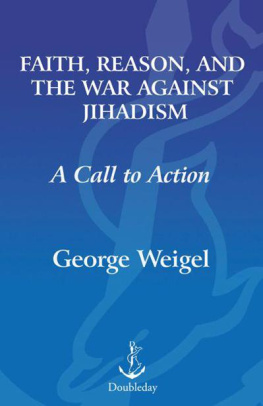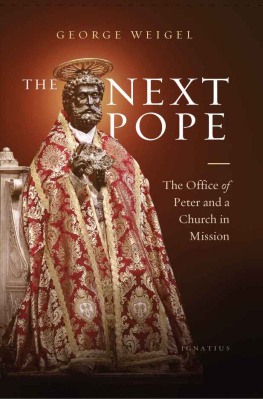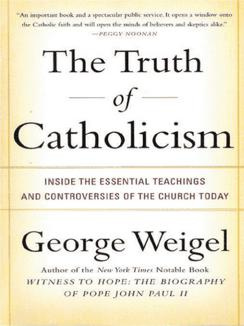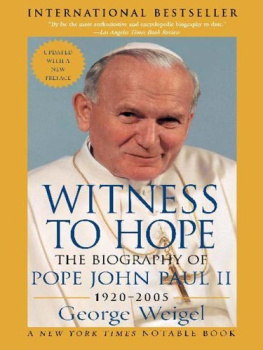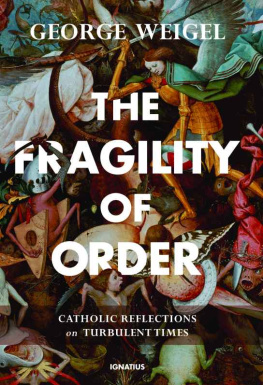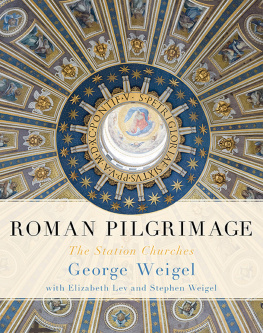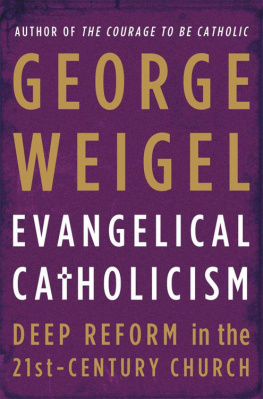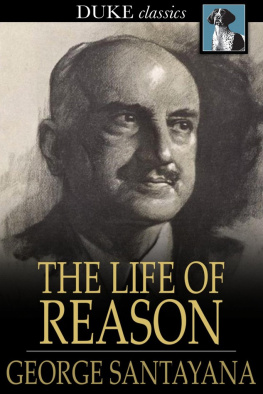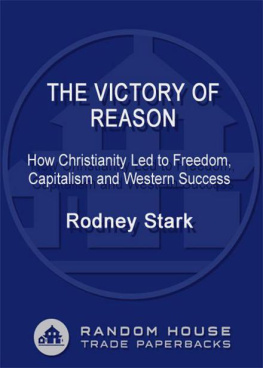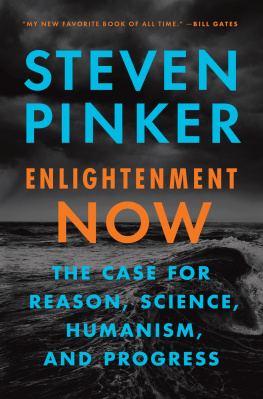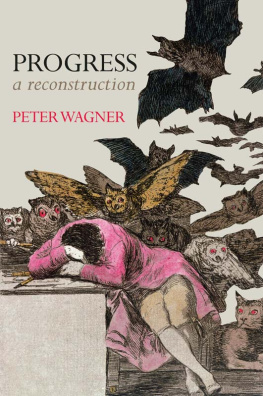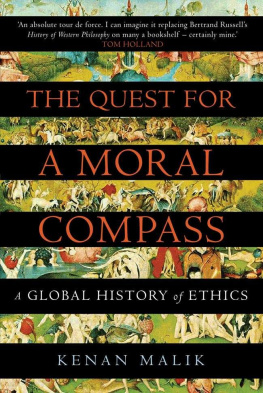INTRODUCTION
DEADLY
SERIOUS
BUSINESS
In October 1996, one of America's marquee corporations invited me to brief some of its promising young executives on likely global futures.
According to the invitation, I was to stress issues and actors that weren't yet making the headlines but were likely to do so in the next decade. I made three broad points-that history can't be read exclusively through the lenses of politics, economics, or technology; that ideas have profound consequences on the dynamics of history; and that the vitality and morale of one's culture (which include a sense of its future possibilities) are the keys to civilizational success and influence over the long haul. Among the examples I used to illustrate these points: the probable rise of a resurgent Islam as a major factor in shaping the twenty-first-century world.
I was not invited back for a 1997 briefing.
Less than five years after I spoke with these young executives, a stateless man, of whom none of them had likely ever heard back in 1996, sat in a cave in the mountains of Afghanistan. He was surrounded by a few disciples, a satellite dish receiver, and a television set-the dish and the television being the products of societies the stateless man and his followers despised. The TV wasn't working very well, so one of the disciples turned on a radio and sought the BBC's Arabic service. There, he learned that an airplane had plowed into the World Trade Center in New York. He excitedly told the others, who broke into celebration; but their leader said, simply, Wait, wait. News soon came of the second tower being hit. The leader wept, prayed-and then Osama bin Laden stunned his disciples by holding up three fingers. When they heard reports of the Pentagon being struck, bin Laden held up four fingers, amazing his followers even more. As things turned out, they would be disappointed, at least in this instance. Because of the heroic actions of the passengers on United Airlines Flight 93, who acted like free citizens rather than helpless victims, al-Qaeda's fourth target that day, the U.S. Capitol, was spared. Yet in the space of two hours, the landscape of twenty-first-century public life had been violently and radically changed.
Viewed through history's wide-angle lens, the events of September 11, 2001, were one lethal expression of the fact that, contrary to secularization theory and the widespread assumptions of the world's elites (including its governmental elites), the twenty-first century will be one in which rapidly advancing modernization coincides with an explosion of religious conviction and passion. Indeed, a case can be made that the acids and volatilities of modernization have themselves contributed mightily to this remarkable global religious revival, which includes such socially and politically benign phenomena as the dramatic expansion of Pentecostalism (the fastest-growing religious phenomenon in human history) and Mormonism (the most important new religion in fourteen centuries). Yet 9/11 was, clearly, something else, and something more. For the expression of globalized religious passion Americans saw that day represented a specific and mortal threat to the civilization of the West, and to the United States as the lead society of the West. War had been declared upon us by an enemy the overwhelming majority of us did not recognize-an enemy whose motivations were utterly alien to twenty-first-century western sensibilities.
That it has taken some time for this new and dominant fact of international public life to be understood for what it is should not have been a surprise. It was difficult to recognize for what it was before it struck New York and Washington. As Lawrence Wright puts it in The Looming Tower, even the most acute intelligence operative, studying shards and fragments of information about al-Qaeda and its allies before 9/11, was in a position akin to that of a medical researcher looking at a laboratory slide of some previously unseen virus. Throughout the fall of 2001, comparisons were frequently made between 9/11 and another infamous date: December 7, 1941, the day Japan attacked Pearl Harbor. The analogy finally failed, however: the U.S. Navy had war-gamed a struggle with Japan for decades, and on occasion the game of Blue vs. Orange began with a surprise Orange strike on the U.S. Pacific Fleet at its Hawaiian anchorage. Moreover, Pearl Harbor marked the beginning of a conventional struggle between great powers; and in that sense, despite the disparity of resources between them, the war that Pearl Harbor triggered between the United States and Japan was symmetrical. By contrast, 9/11 was the most lethal incarnation yet of asymmetrical warfare, launched upon us by an enemy that was not a state, for reasons that far transcended conventional purposes of statecraft or raison d'etat. And this, too, made the new circumstances in which we found ourselves hard to understand.
Other factors have contributed to the difficulty America has had in correctly identifying, and then understanding, the enemy in this new kind of war. Terrorism has a lengthy pedigree. As one of its closest students, Walter Laqueur, has pointed out, however, the terrorism practiced by the nineteenth-century anarchists who assassinated European nobility, or by the late-twentieth-century airplane hijackers of the Baader-Meinhof Gang or Black September, had propaganda as its essential purpose: these terrorists sought publicity for a specific political cause, like democracy in czarist Russia or an independent Palestinian state. The kind of terrorism visited upon America on 9/11, Laqueur argues, was different in kind, not simply in degree: this was terrorism intended to effect maximum destruction, both material and psychological-terrorism that, as a matter of principle, declined to discriminate between those who were guilty (in terms of specific political grievances) and those who were innocent in respect to those grievances. The notion that there are no innocents-that the enemy is guilty simply by reason of drawing breath-was itself something new and reflected a deliberate strategic choice: a strategy of open-ended mayhem based on the radical dehu-manization of the other.
The new kind of war that burst upon us on a clear, late-summer morning was also hard to comprehend because it did not seem to have a locus, a source point from which the attack had been launched and which could be conquered in turn, in order to remove the threat. There was no Imperial Palace as in World War II Tokyo, no Chancellery as there had been in Hitler's Berlin, to provide a symbolic geographic reference point for our war effort. There wasn't even something like the old Comintern, a Cold War agency of subversion, internationally networked but run from Moscow Center. Rather, we were confronted by disparate groups, none of them traditional state actors in the great game of international politics, bound together, not by conventional political bonds, but by a common ideology-which seemed, to the amazement of many, to be religious in origin, in character, and in power. This premodern ideological network seemed then, and is now, remarkably adept at using modern tools to conduct asymmetrical warfare in which, as the historian Victor Davis Hanson has put it, relatively unsophisticated weapons like rocket-propelled grenades permit illiterate teenagers to kill an American army officer with a quarter-million-dollar education from West Point, riding in a $100,000 Humvee.

